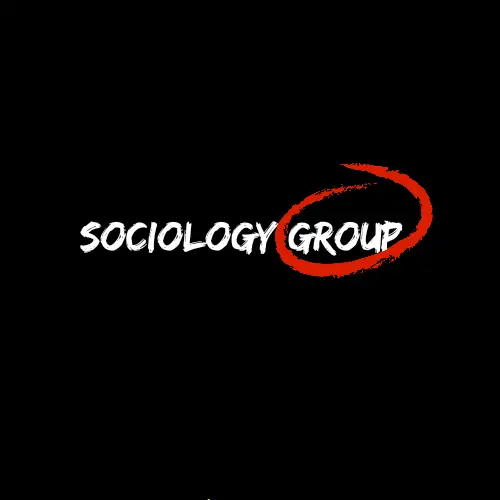-
Why Are People Not Reading Books Anymore?
Exploring the Decline in Book Reading in the Digital Age Reading habits have changed since knowledge has become more and more accessible. The increase of digital technology in our lives is one of the major reasons as to why people nowadays don’t read. Fewer people pick up a book to read day by day in…
-
THE COMPARATIVE METHOD IN SOCIAL ANTHROPOLOGY
The purpose of comparative method in social anthropology is to study varieties of form of social life and to understand human social phenomena. Franz Boas delineated two methods in the study of anthropology. First, was to reconstruct the history which means to understand the past and reconstructing theories in present. Second, was comparison of social…
-
Interview with Dr. Christina Jackson: Insights into Sociology, Activism, and the Journey Ahead
Short Bio: Dr. Christina Jackson, an Associate Professor of Sociology at Stockton University, specializes in urban sociology, social welfare, and inequality from sociological and public health perspectives. Beyond academia, she’s an engaged scholar-activist, facilitating and consulting with community partners and creative groups on topics like anti-violence, gentrification, housing, food justice, and racial justice. She’s co-authored…
-
How To Apply Sociology In Everyday Life: Explained Real Examples
Sociology is the study of society through many theoretical perspectives. The most important lesson of sociology is that society is not an external object to be studied. Instead, all of us are active members of society and constantly influence it. Thus, sociology can be applied in everyday life by all members of society. This article…
-
Jean-Jacques Rousseau, The Social Contract (1762) – Summary
Who is Jean-Jacque Rousseau? Jean-Jacques Rousseau was a prominent theorist, writer and philosopher during the Enlightenment in 18th century Europe. His first significant work on philosophy was titled ‘A Discourse on the Sciences and Arts’. Rousseau argues in this essay that the advancement of science and the arts has corrupted virtues and morals. These ideas…
-
Lev Vygotsky’s Socio Cultural theory: Explained with Examples
Lev Vygotsky is credited with setting up the framework for sociocultural theory. The objective of sociocultural theory is to understand how an individual’s mental functioning is tied to their culture, history and the institutes they have been a part of. The sociocultural view of the world focuses on the roles that human interactions and culturally…
-
Globalisation Theories: World System, Modernisation, Dependency
Introduction – What is globalisation? International trade has been around for centuries and while globalisation may feel like a modern concept, changes across borders have happened ever since. Silk and spice trade routes in East Asia, which originated in the first century BCE, brought diverse civilizations and linked various nations’ economies. In the 1500s, the…
-
Communication Theories in Media- Gatekeeping, Interactionalim, Political Economy
Evolution in any industry is inevitable, and so it has happened in the media. Forms of communication through which the audience consumes their news has been changing rapidly, but there has been a constant framework of theories outlining the process by which information reaches the masses. This framework consists of certain communication theories that help…
-
Indian Media in Service of Capitalism: A Marxist Analysis
Abstract Popular Marxist ideas plague social theorists in various ways and forms. It is thus not surprising that most of them also seep into the study of mass media and communication through a broad-gauged, anti-capitalist lens. In this essay, I focus exclusively on Indian media and how it acts as a tool that largely sustains…
Follow us On Instagram @sociology_official
Show off your social photography skills! Share your most engaging shots on our Instagram and let the world see your unique perspective.
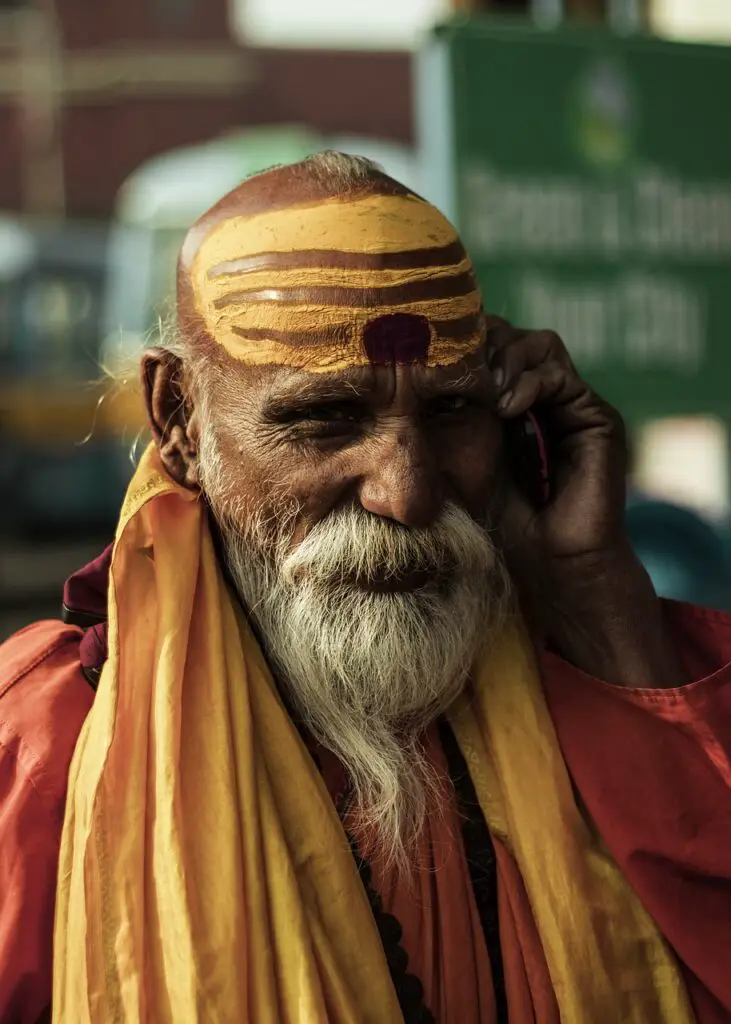
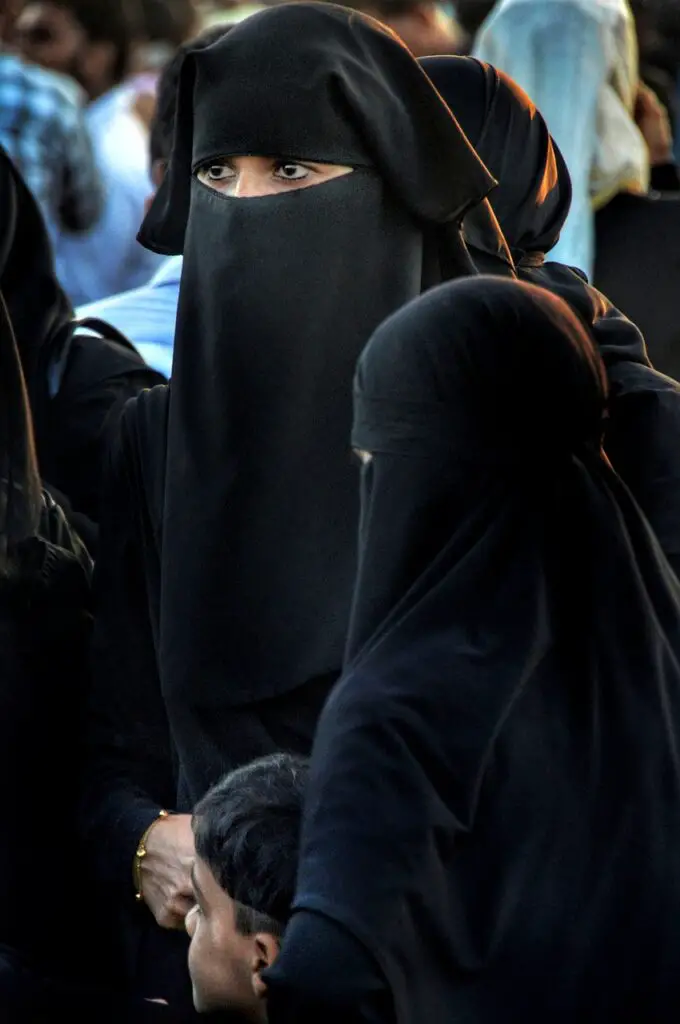

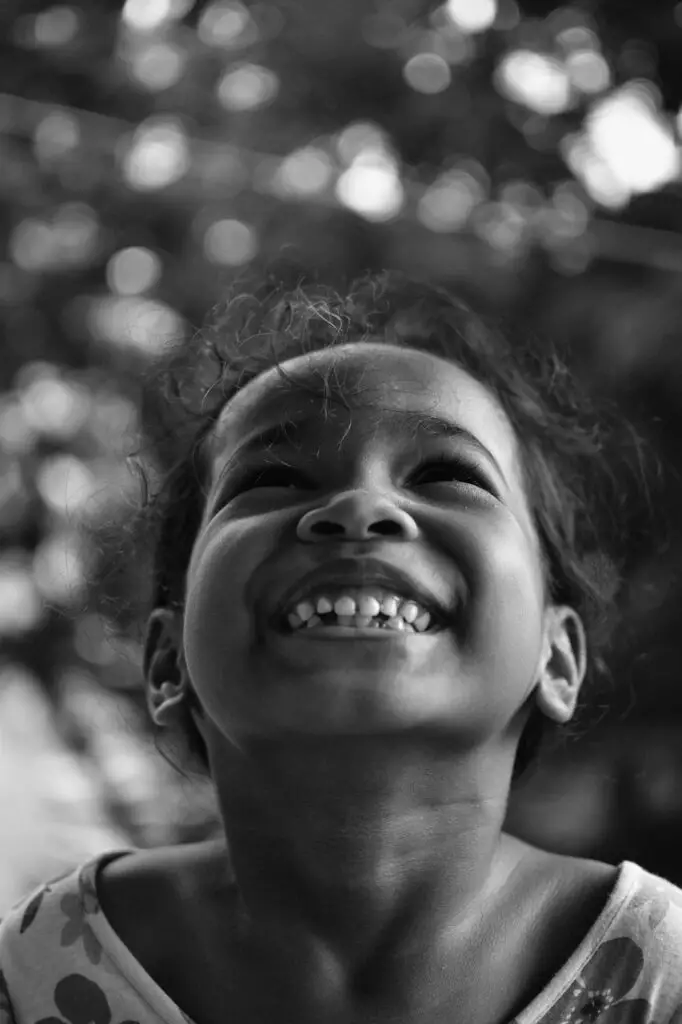
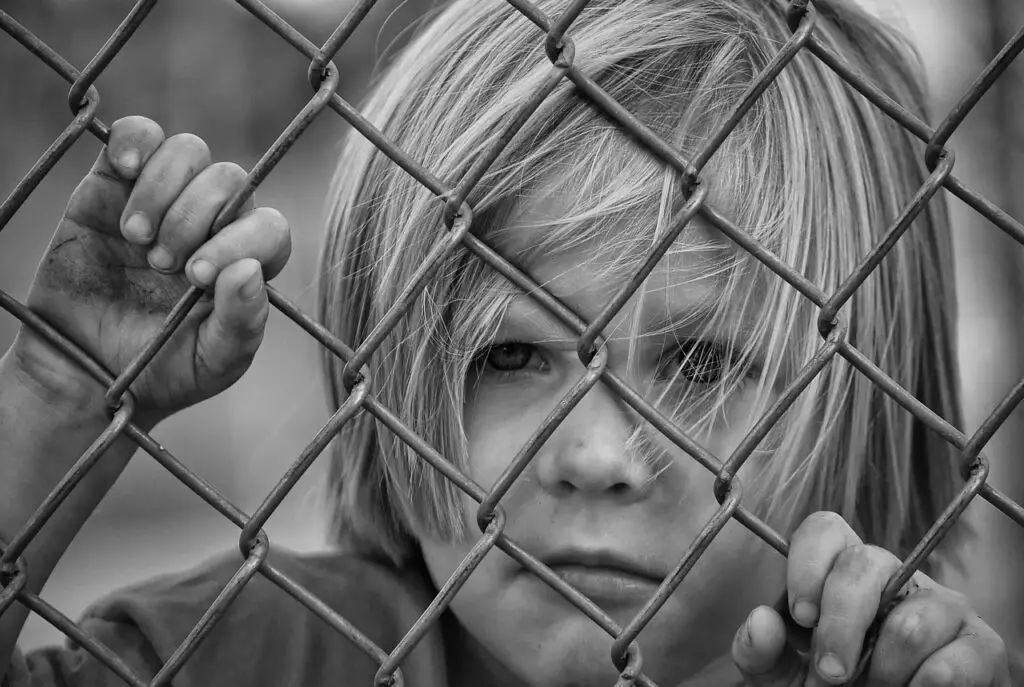
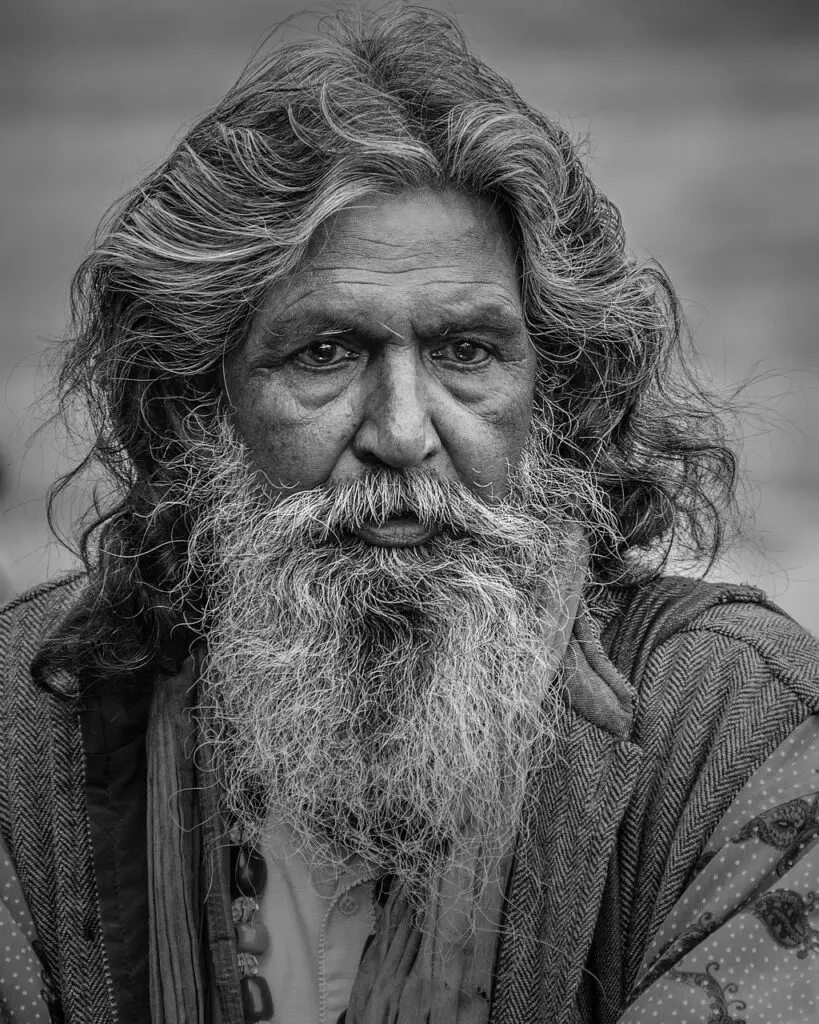
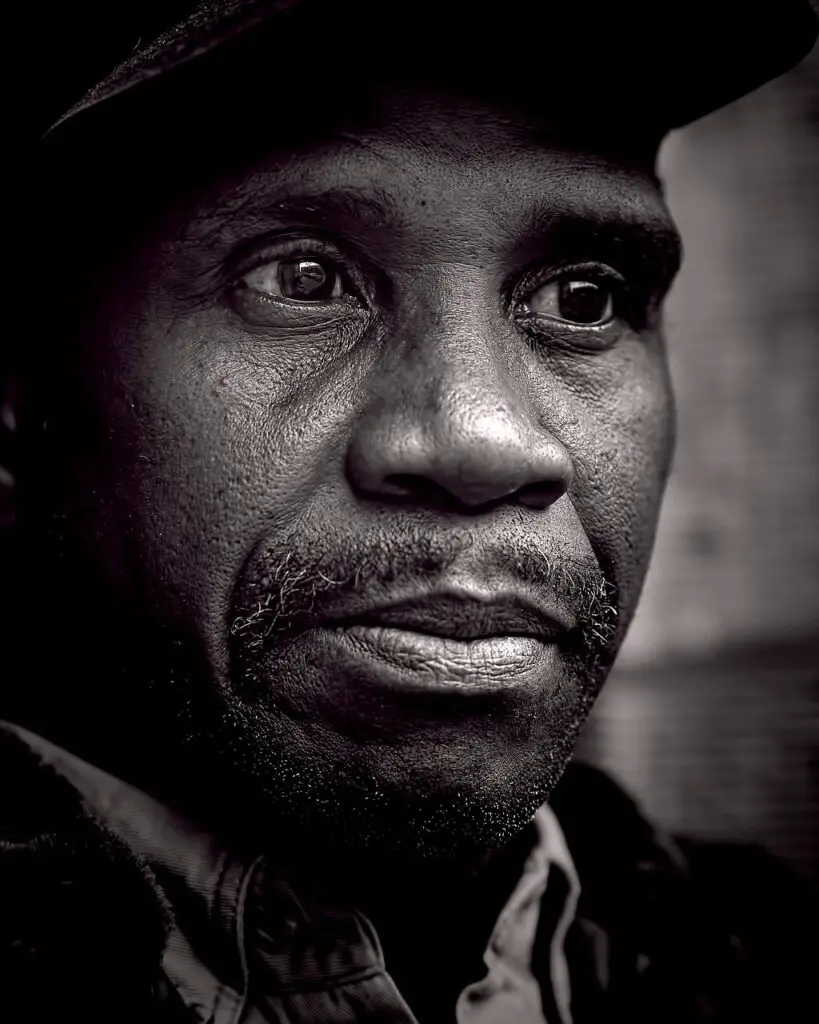
Leroy_Skalstad


